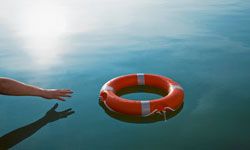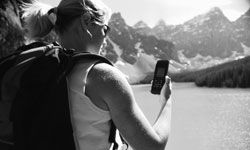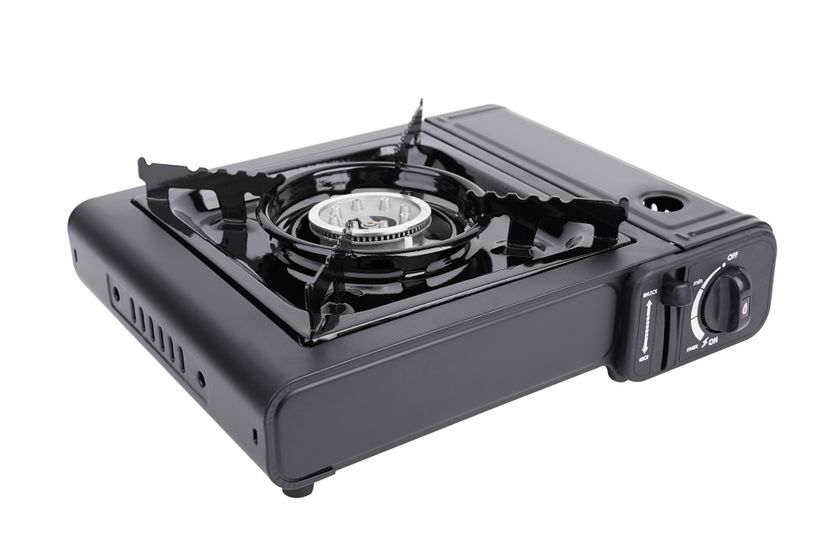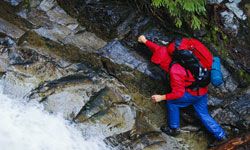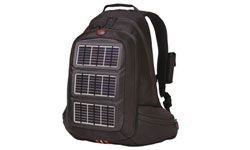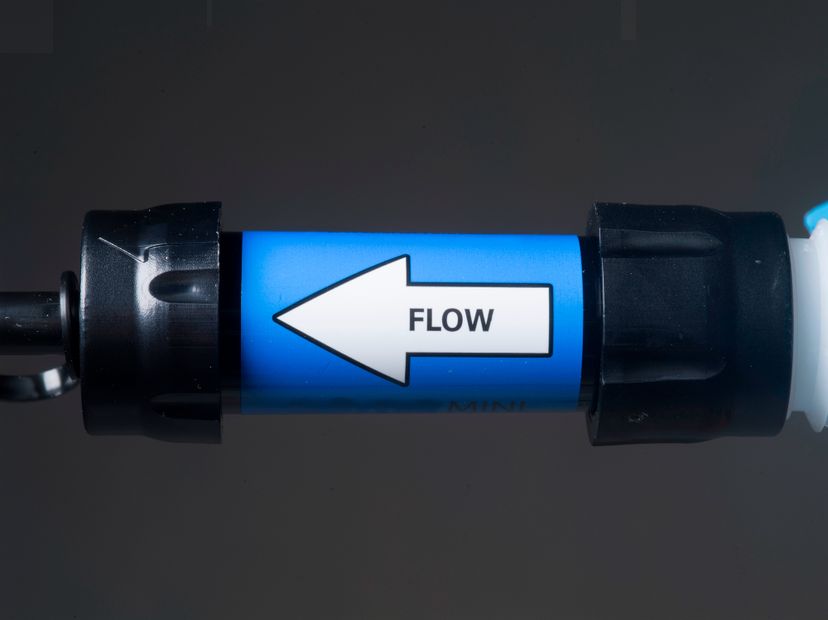When you're packing up for an outdoor adventure, you usually first think of the basic stuff that'll keep you safe and comfortable -- a sleeping bag, weather-appropriate clothing, water, food, a compass and some matches. Although you might not realize it while you're still at home, what you pack could very well wind up saving your life.
When your camping trip turns into a life-or-death scenario because you're completely lost, you'll need a few things to keep you alive -- food, water, warmth, shelter and direction. Although the basic needs for survival in the outdoors remain the same, technological advances have brought some changes to adventure gear. Engineers and innovators have taken basic survival tools, such the compass and the matchstick, and updated them. These devices serve as both practical adventure tools and tools that could save your life in the wild.
Advertisement
